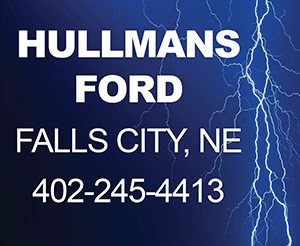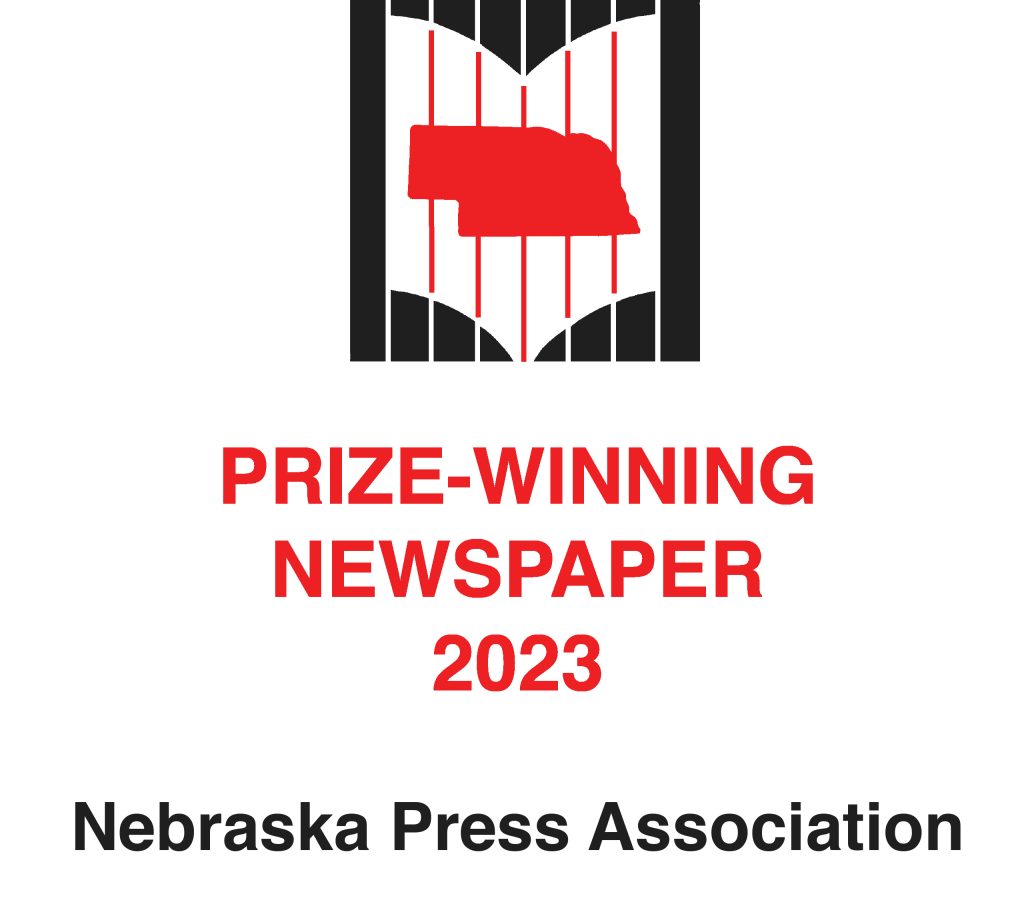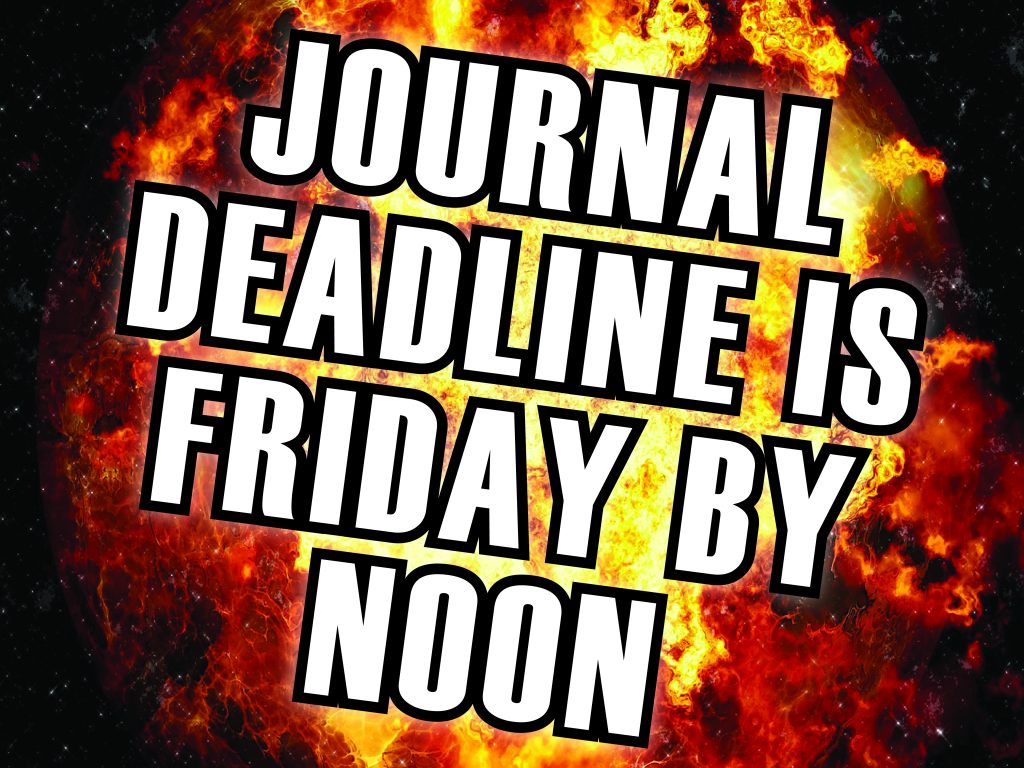Contrary to the national trend toward lower levels of underage drinking, Nebraska saw a six percent increase in underage drinking from 2007 to 2011. That was one of the key findings of a new policy report focused on underage alcohol consumption in Nebraska.
The report, “Underage Drinking in Nebraska,” was authored by researchers at the University of Nebraska Medical Center College of Public Health and staff at Project Extra Mile.
The report details the level of underage drinking in the state and its associated outcomes, as well as Nebraska policies pertinent to underage drinking and evidence-based strategies that can prevent underage drinking.
“This report is important information for parents, law enforcement officers, health care professionals, and especially, public policy officials,” said Jim Stimpson, Ph.D., director of the UNMC Center for Health Policy and a co-author of the report.
Some highlights from the report:
—In 2010, Nebraska’s underage drinking costs, including medical care, work loss, and pain and suffering, totaled more than an estimated $423 million, which translates to a cost of $2,309 per year for each youth in Nebraska or $2.92 per drink;
—In 2011, one-in-four Nebraska high school students reported either being a passenger in a vehicle that was driven by someone drinking, or driving a vehicle while or after drinking themselves during the past 30 days;
—In 2009, underage drinkers consumed about a quarter of all alcohol sold in Nebraska; and
—In a ranking of states based on the alcohol percentage consumed by youth, with one being the highest, Nebraska ranked fifth.
“Underage drinking should not be thought of as a rite of passage,” said Nicole Carritt, executive director for Project Extra Mile. “It’s a significant public health problem, particularly in Nebraska, and we’re grateful for the partnership with UNMC’s College of Public Health to create this valuable report that brings attention to this issue. This report provides an accurate look at the issue and makes important evidence-based policy recommendations.”
The report concludes by recommending that Nebraska policy makers strongly consider state-level evidence-based policies that are based on the recommendations of the Community Preventive Services Taskforce in the Community Guide for Preventing Excessive Alcohol Consumption.
The policies the report states that should be considered include:
—increasing taxes on alcohol products;
—prohibiting youth exposure to alcohol advertising;
—limiting access to excessive drinking by maintaining limits on days of sale and hours of sale;
—maintaining and upholding the integrity of the minimum legal drinking age laws; and
—expanding dram shop liability laws which make taverns, liquor stores and other commercial establishments that serve alcoholic beverages liable for serving liquor to a visibly intoxicated person or minor who subsequently causes death or injury to a third party.
In addition, the report also recommends that cities should study methods of regulating alcohol outlets that balance commerce and protection of citizens, and that both local municipalities and the state government should ensure there are sufficient resources available to enforce new and existing underage drinking laws.



Leave a Reply
You must be logged in to post a comment.